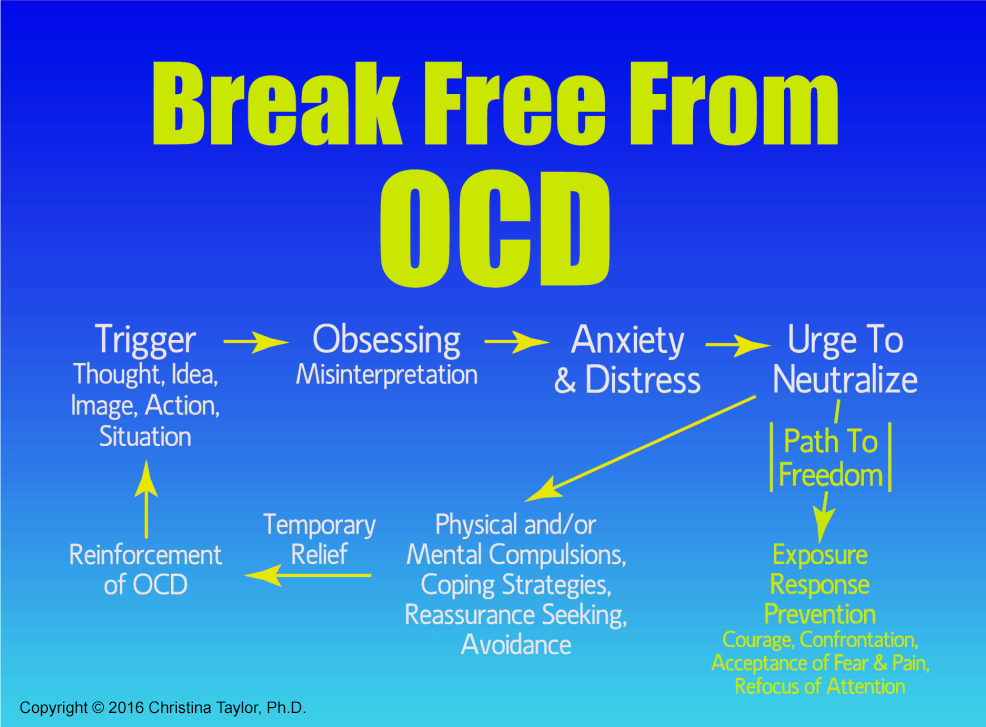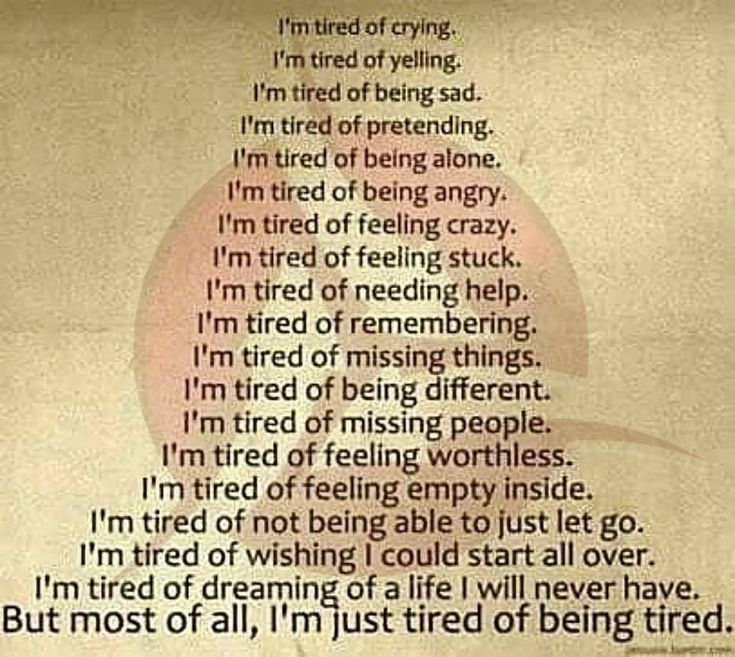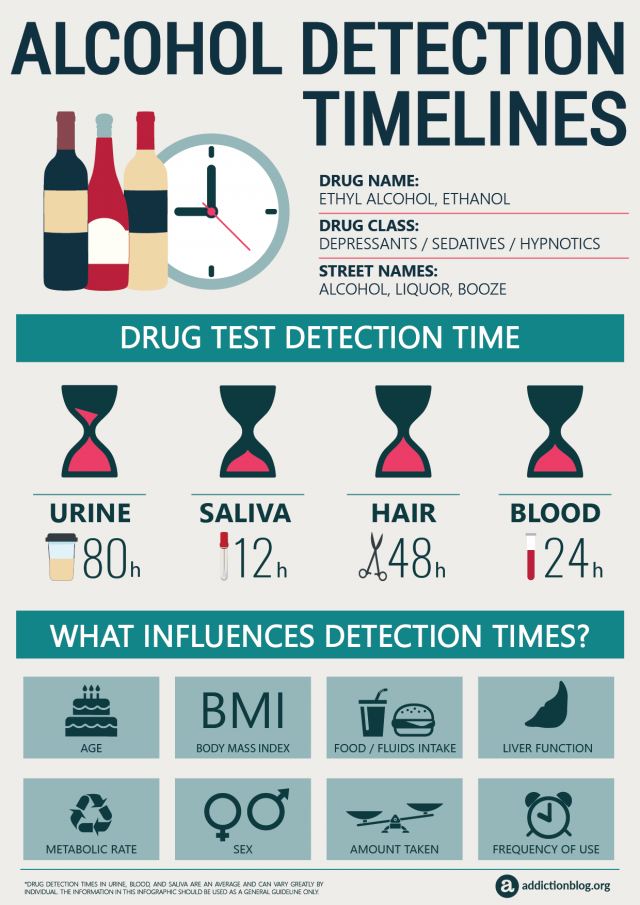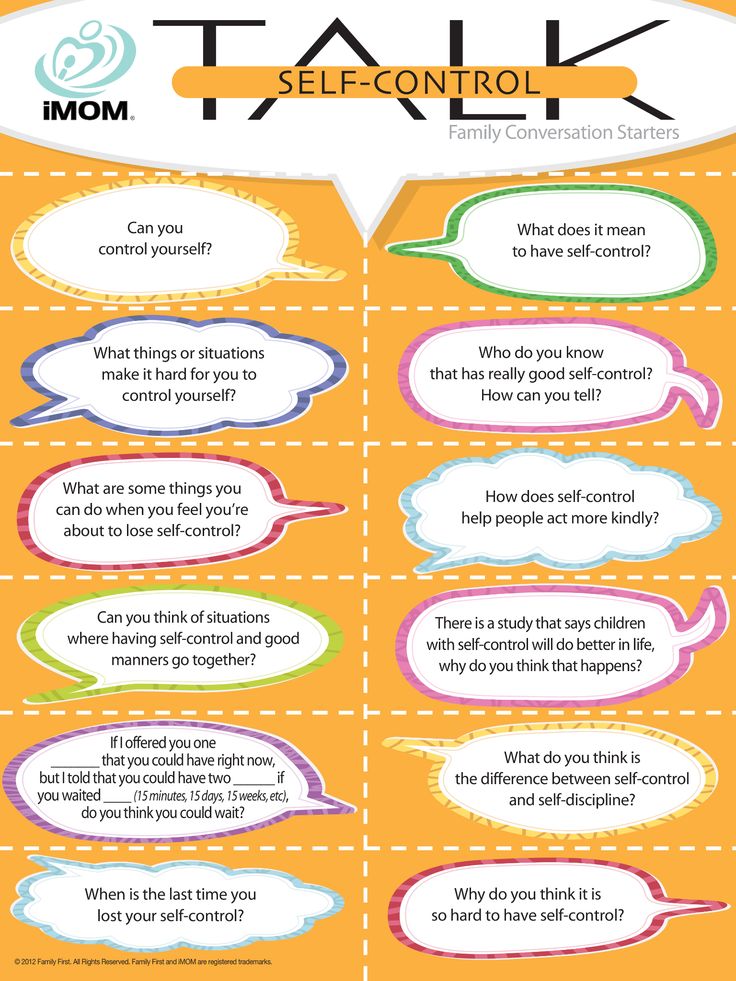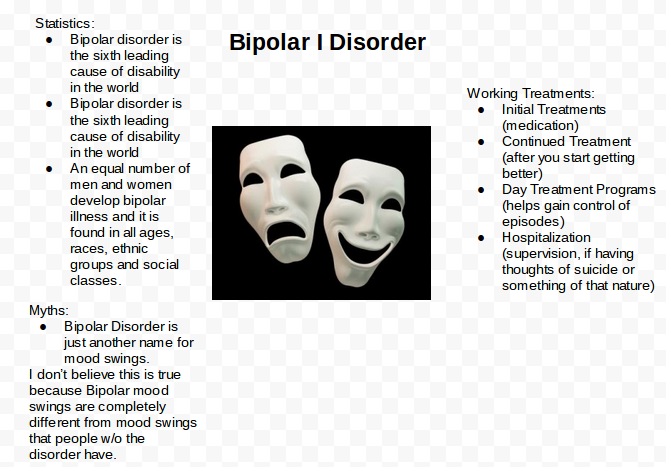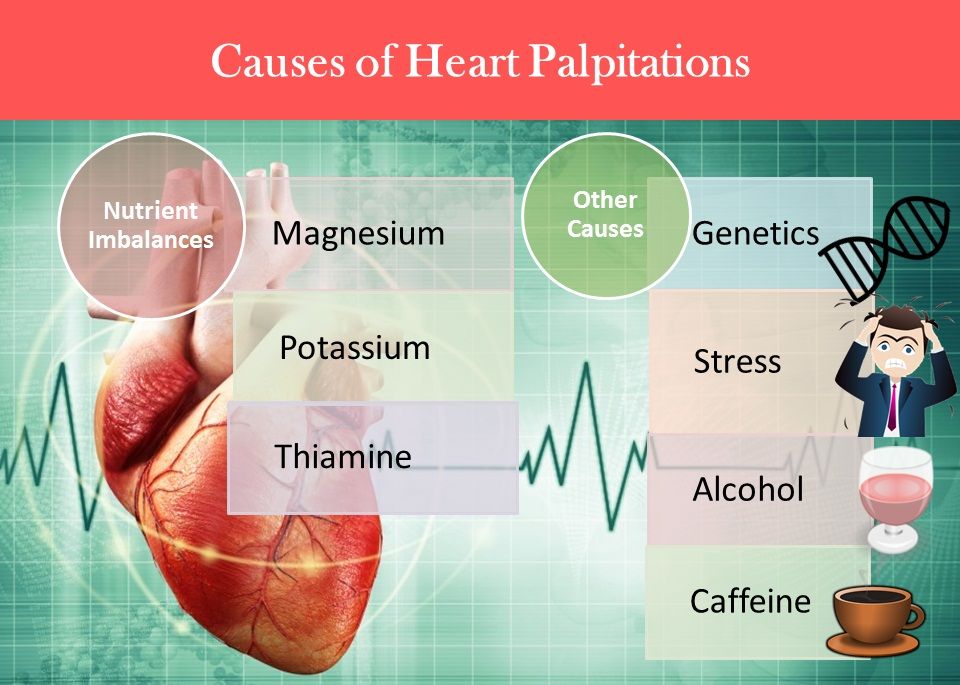Anxiety out of control
When Worry Gets Out of Control
Do you often find yourself worrying about everyday issues for no obvious reason? Are you always waiting for disaster to strike or excessively worried about things such as health, money, family, work, or school?
If so, you may have a type of anxiety disorder called generalized anxiety disorder (GAD). GAD can make daily life feel like a constant state of worry, fear, and dread. The good news is GAD is treatable. Learn more about the symptoms of GAD and how to find help.
What is generalized anxiety disorder?
Occasional anxiety is a normal part of life. Many people may worry about things such as health, money, or family problems. But people with GAD feel extremely worried or nervous more frequently about these and other things—even when there is little or no reason to worry about them. GAD usually involves a persistent feeling of anxiety or dread that interferes with how you live your life.
It is not the same as occasionally worrying about things or experiencing anxiety due to stressful life events. People living with GAD experience frequent anxiety for months, if not years.
GAD develops slowly. It often starts around age 30, although it can occur in childhood. The disorder is more common in women than in men.
What are the signs and symptoms of generalized anxiety disorder?
People with GAD may:
- Worry excessively about everyday things
- Have trouble controlling their worries or feelings of nervousness
- Know that they worry much more than they should
- Feel restless and have trouble relaxing
- Have a hard time concentrating
- Startle easily
- Have trouble falling asleep or staying asleep
- Tire easily or feel tired all the time
- Have headaches, muscle aches, stomachaches, or unexplained pains
- Have a hard time swallowing
- Tremble or twitch
- Feel irritable or "on edge"
- Sweat a lot, feel lightheaded, or feel out of breath
- Have to go to the bathroom frequently
Children and teens with GAD often worry excessively about:
- Their performance in activities such as school or sports
- Catastrophes, such as earthquakes or war
- The health of others, such as family members
Adults with GAD are often highly nervous about everyday circumstances, such as:
- Job security or performance
- Health
- Finances
- The health and well-being of their children or other family members
- Being late
- Completing household chores and other responsibilities
Both children and adults with GAD may experience physical symptoms such as pain, fatigue, or shortness of breath that make it hard to function and that interfere with daily life.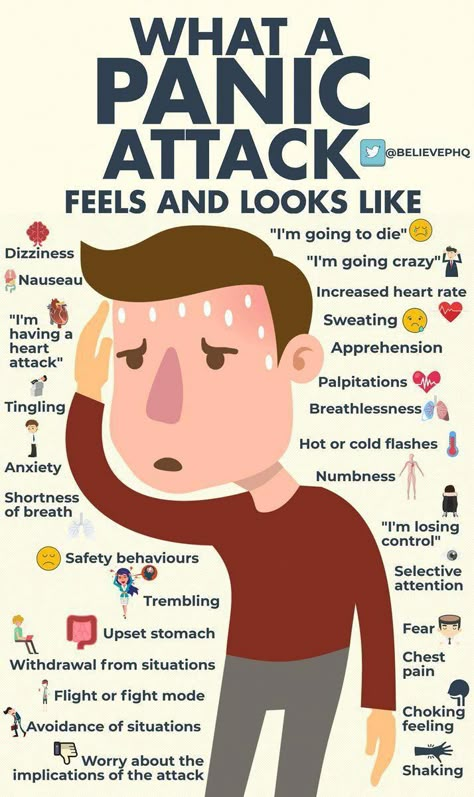
Symptoms may fluctuate over time and are often worse during times of stress—for example—with a physical illness, during school exams, or during a family or relationship conflict.
What causes generalized anxiety disorder?
Risk for GAD can run in families. Several parts of the brain and biological processes play a key role in fear and anxiety. By learning more about how the brain and body function in people with anxiety disorders, researchers may be able to develop better treatments. Researchers have also found that external causes, such as experiencing a traumatic event or being in a stressful environment, may put you at higher risk for developing GAD.
How is generalized anxiety disorder treated?
If you think you’re experiencing symptoms of GAD, talk to a health care provider. After discussing your history, a health care provider may conduct a physical exam to ensure that an unrelated physical problem is not causing your symptoms. A health care provider may refer you to a mental health professional, such as a psychiatrist, psychologist, or clinical social worker. The first step to effective treatment is to get a diagnosis, usually from a mental health professional.
A health care provider may refer you to a mental health professional, such as a psychiatrist, psychologist, or clinical social worker. The first step to effective treatment is to get a diagnosis, usually from a mental health professional.
GAD is generally treated with psychotherapy (sometimes called “talk therapy”), medication, or both. Speak with a health care provider about the best treatment for you.
Psychotherapy
Cognitive behavioral therapy (CBT), a research-supported type of psychotherapy, is commonly used to treat GAD. CBT teaches you different ways of thinking, behaving, and reacting to situations that help you feel less anxious and worried. CBT has been well studied and is the gold standard for psychotherapy.
Another treatment option for GAD is acceptance and commitment therapy (ACT). ACT takes a different approach than CBT to negative thoughts and uses strategies such as mindfulness and goal setting to reduce your discomfort and anxiety. Compared to CBT, ACT is a newer form of psychotherapy treatment, so less data are available on its effectiveness. However, different therapies work for different types of people, so it can be helpful to discuss what form of therapy may be right for you with a mental health professional.
However, different therapies work for different types of people, so it can be helpful to discuss what form of therapy may be right for you with a mental health professional.
For more information on psychotherapy, visit the National Institute of Mental Health (NIMH) psychotherapies webpage.
Medication
Health care providers may prescribe medication to treat GAD. Different types of medication can be effective, including:
- Antidepressants, such as selective serotonin reuptake inhibitors (SSRIs) and serotonin-norepinephrine reuptake inhibitors (SNRIs)
- Anti-anxiety medications, such as benzodiazepines
SSRI and SNRI antidepressants are commonly used to treat depression, but they also can help treat the symptoms of GAD. They may take several weeks to start working. These medications also may cause side effects, such as headaches, nausea, or difficulty sleeping. These side effects are usually not severe for most people, especially if the dose starts off low and is increased slowly over time. Talk to your health care provider about any side effects that you may experience.
Talk to your health care provider about any side effects that you may experience.
Benzodiazepines, which are anti-anxiety sedative medications, also can be used to manage severe forms of GAD. These medications can be very effective in rapidly decreasing anxiety, but some people build up a tolerance to them and need higher and higher doses to get the same effect. Some people even become dependent on them. Therefore, a health care provider may prescribe them only for brief periods of time if you need them.
Buspirone is another anti-anxiety medication that can be helpful in treating GAD. Unlike benzodiazepines, buspirone is not a sedative and has less potential to be addictive. Buspirone needs to be taken for 3–4 weeks for it to be fully effective.
Both psychotherapy and medication can take some time to work. Many people try more than one medication before finding the best one for them. A health care provider can work with you to find the best medication, dose, and duration of treatment for you.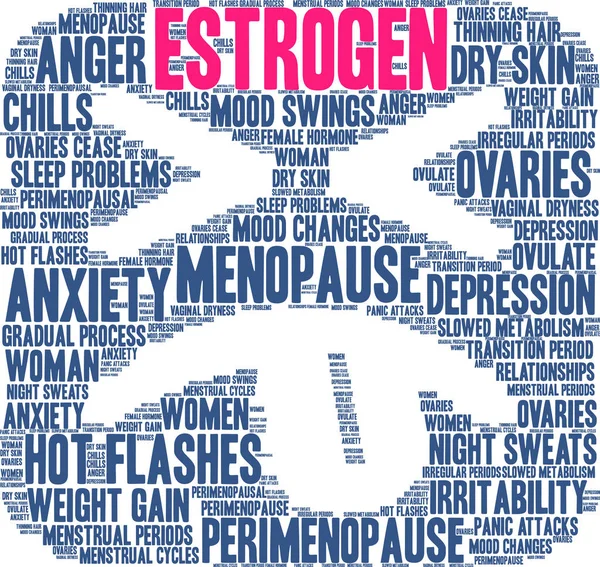
For basic information about these and other mental health medications, visit NIMH’s Mental Health Medications webpage. Visit the U.S. Food and Drug Administration (FDA) website for the latest warnings, patient medication guides, and information on newly approved medications.
Support Groups
Some people with anxiety disorders might benefit from joining a self-help or support group and sharing their problems and achievements with others. Support groups are available both in person and online. However, any advice you receive from a support group member should be used cautiously and does not replace treatment recommendations from a health care provider.
Healthy Habits
Practicing a healthy lifestyle also can help combat anxiety, although this alone cannot replace treatment. Researchers have found that implementing certain healthy choices in daily life—such as reducing caffeine intake and getting enough sleep—can reduce anxiety symptoms when paired with standard care—such as psychotherapy and medication.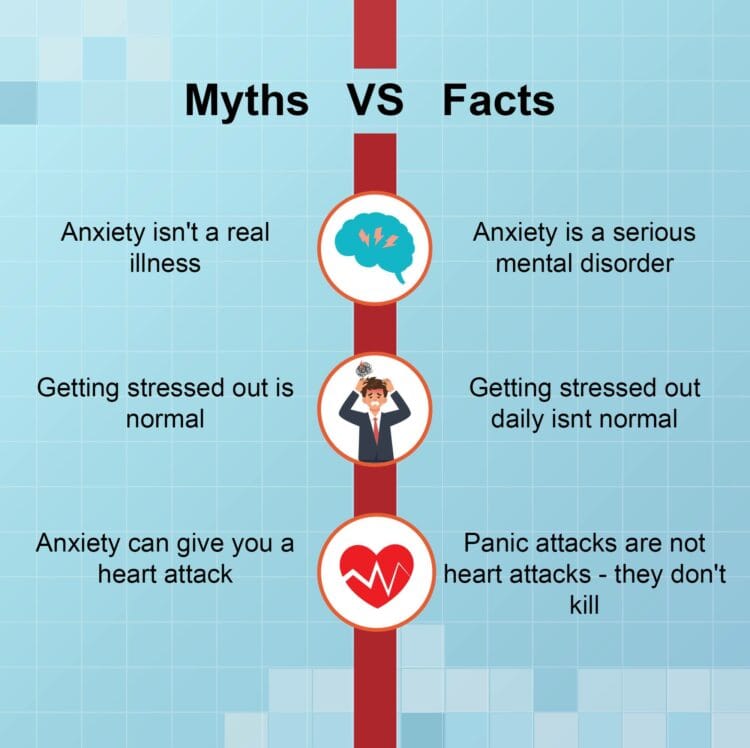
Stress management techniques, such as exercise, mindfulness, and meditation, also can reduce anxiety symptoms and enhance the effects of psychotherapy. You can learn more about how these techniques benefit your treatment by talking with a health care provider.
To learn more ways to take care of your mental health, visit NIMH’s Caring for Your Mental Health webpage.
How can I support myself and others with generalized anxiety disorder?
Educate Yourself
A good way to help yourself or a loved one who may be struggling with GAD is to seek information. Research the warning signs, learn about treatment options, and keep up to date with current research.
Communicate
If you are experiencing GAD symptoms, have an honest conversation about how you’re feeling with someone you trust. If you think that a friend or family member may be struggling with GAD, set aside a time to talk with them to express your concern and reassure them of your support.
Know When to Seek Help
If your anxiety, or the anxiety of a loved one, starts to cause problems in everyday life—such as at school, at work, or with friends and family—it’s time to seek professional help. Talk to a health care provider about your mental health.
Are there clinical trials studying generalized anxiety disorder?
NIMH supports a wide range of research, including clinical trials that look at new ways to prevent, detect, or treat diseases and conditions—including GAD. Although individuals may benefit from being part of a clinical trial, participants should be aware that the primary purpose of a clinical trial is to gain new scientific knowledge so that others may be better helped in the future.
Researchers at NIMH and around the country conduct clinical trials with patients and healthy volunteers. Talk to a health care provider about clinical trials, their benefits and risks, and whether one is right for you.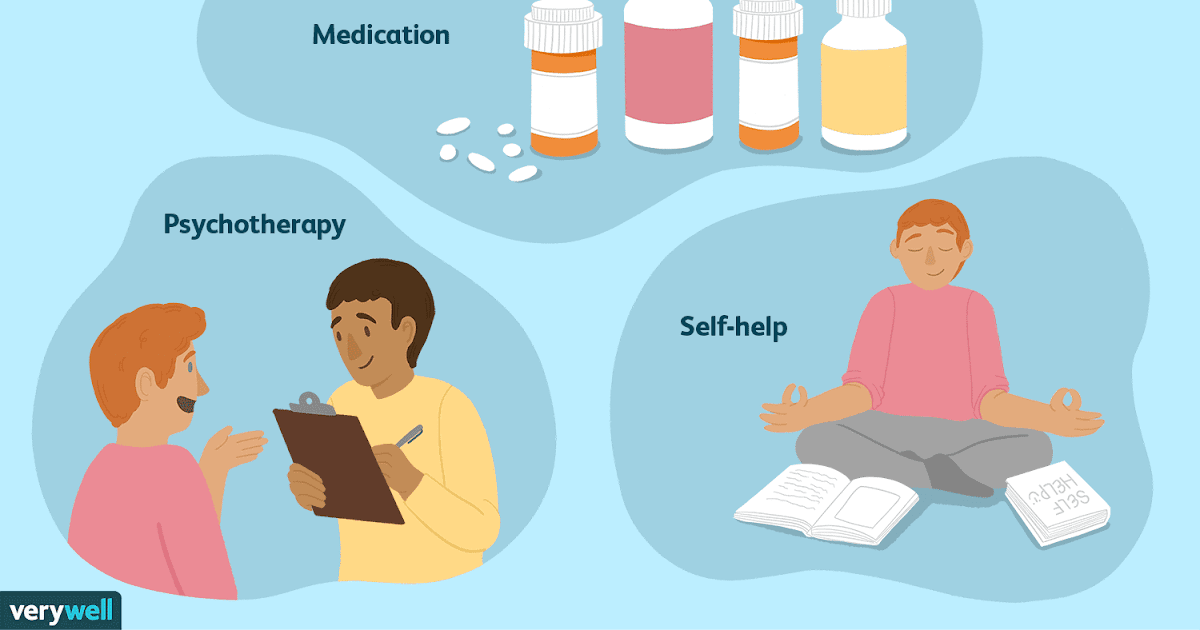 For more information, visit NIMH's clinical trials webpage.
For more information, visit NIMH's clinical trials webpage.
Finding Help
Behavioral Health Treatment Services Locator
This online resource, provided by the Substance Abuse and Mental Health Services Administration (SAMHSA), helps you locate mental health treatment facilities and programs. Find a facility in your state by searching SAMHSA’s online Behavioral Health Treatment Services Locator. For additional resources, visit NIMH's Help for Mental Illnesses webpage.
Talking to a Health Care Provider About Your Mental Health
Communicating well with a health care provider can improve your care and help you both make good choices about your health. Find tips to help prepare for and get the most out of your visit at Taking Control of Your Mental Health: Tips for Talking With Your Health Care Provider. For additional resources, including questions to ask a provider, visit the Agency for Healthcare Research and Quality website.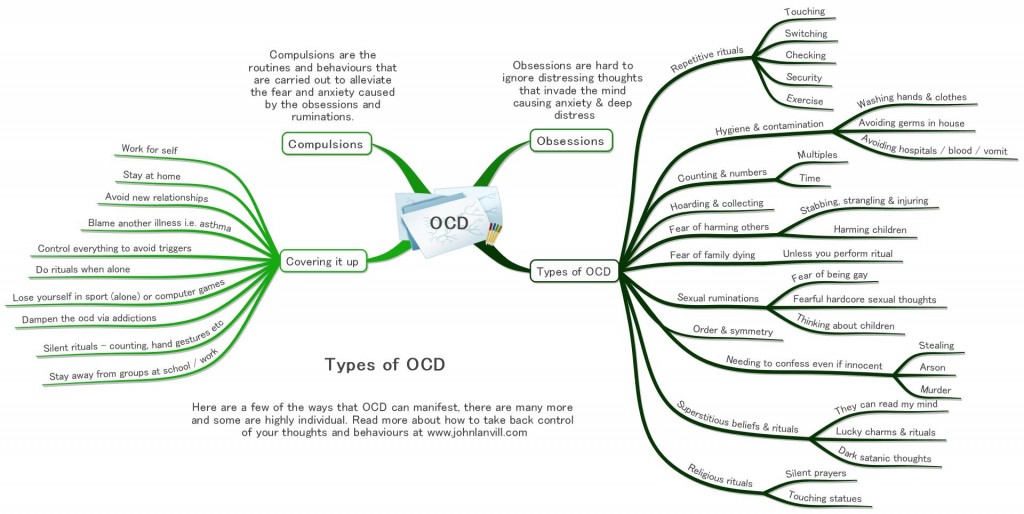
If you or someone you know is in immediate distress or is thinking about hurting themselves, call the National Suicide Prevention Lifeline toll-free at 1-800-273-TALK (8255). You also can text the Crisis Text Line (HELLO to 741741) or use the Lifeline Chat on the National Suicide Prevention Lifeline website.
Reprints
This publication is in the public domain and may be reproduced or copied without permission from NIMH. We encourage you to reproduce and use NIMH publications in your efforts to improve public health. If you do use our materials, we request that you cite the National Institute of Mental Health. To learn more about using NIMH publications, please contact the NIMH Information Resource Center at 1-866‑615‑6464, email [email protected], or refer to NIMH’s reprint guidelines.
For More Information
MedlinePlus (National Library of Medicine) (en español)
ClinicalTrials. gov (en español)
gov (en español)
U.S. DEPARTMENT OF HEALTH AND HUMAN SERVICES
National Institutes of Health
NIH Publication No. 22-MH-8090
Revised 2022
5 Signs Your Anxiety Is Spinning Out of Control
Anxiety is my body’s way of responding to stress. It’s the exact opposite of calm. Having anxiety is a normal part of my life, but when I don’t process stress in a healthy way, my brain keeps churning day and night. And when the symptoms take over, I feel like a hamster running in a wheel.
Here are my five telltale signs that anxiety is about to take over.
When I find myself writing “I’ll not control my family. I’m not in charge of anyone else” repeatedly, it’s probably a sign of anxiety and not a reaffirming practice to let go.
Sometimes this happens in my mind instead of on paper. When I’m around my relatives, I start thinking about what each person is or isn’t doing.
Did he load the dishwasher? Is she looking at her phone (again!)? Did he just turn up the music? Are those his T-shirts on the couch?
The thought loop repeats.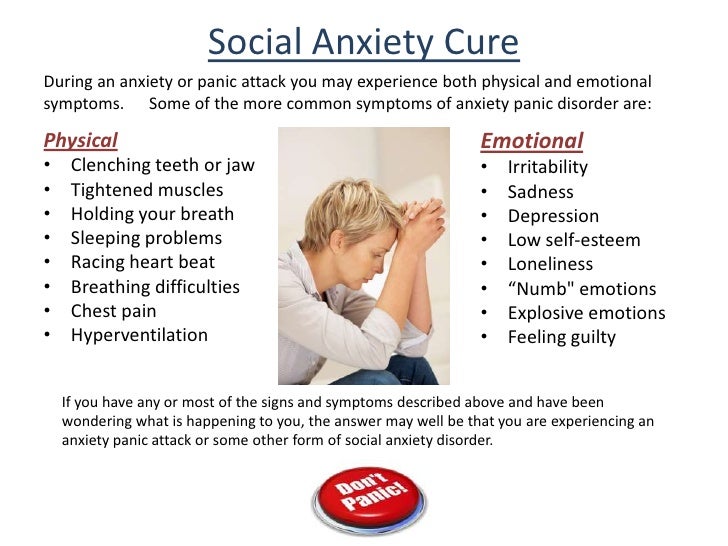
By the end, I’m exhausted from the process I’m putting myself through. It’s tough to remember the easy details even while I’m going through them.
Even though I want to feel less alone, less crazed, and know that I’m not the only one to go through this … when anxiety takes over, I avoid talking it out.
As a follow-up to obsession and a prelude to restlessness, I start to lack perspective on everything else that’s happening to me. While there are plenty of trusted folks who could offer a sympathetic ear and help get these pressing and troubling thoughts out of my brain, I tell myself I’m too busy doing and planning to have someone listen to me.
Avoidance of talk therapy — a recommended tool to manage anxiety — can be dangerous for people who need help with anxiety and mental health issues. When I won’t talk about my problems with another person, the problems tend to feel secretive and larger than what they really are.
Sometimes my “helpful” ways become bossy and don’t consider the logistics of planning, especially when it comes to a family gathering. I exaggerate plans to try and control the people in my life. This ignores reality — that my relatives are human, have agency, and are going to do what they want.
I exaggerate plans to try and control the people in my life. This ignores reality — that my relatives are human, have agency, and are going to do what they want.
When I’m putting so much energy into a dinner or day that’s so far ahead in my calendar, it can be unrealistic.
The more tired I get, the more I ponder a million details per minute. This inability to rest and stop worrying can be a giant sign that things are out of control. Perhaps I’m trying to crowd out my own thoughts and emotions by thinking about others. This helps me avoid things that are perhaps too painful to face, acknowledge, or process.
When I look outside into the dark morning and realize that my eyes are tired (and likely bloodshot), I find myself wishing to sleep. It should be obvious then, but the hamster wheel comes back.
Everyone has habits that come out during high times of stress or anxiety. For me, the shorter and more ragged my nails are, the more likely I’m restless. Picking at my nails becomes a quick and routine way to deal with my ongoing anxiety.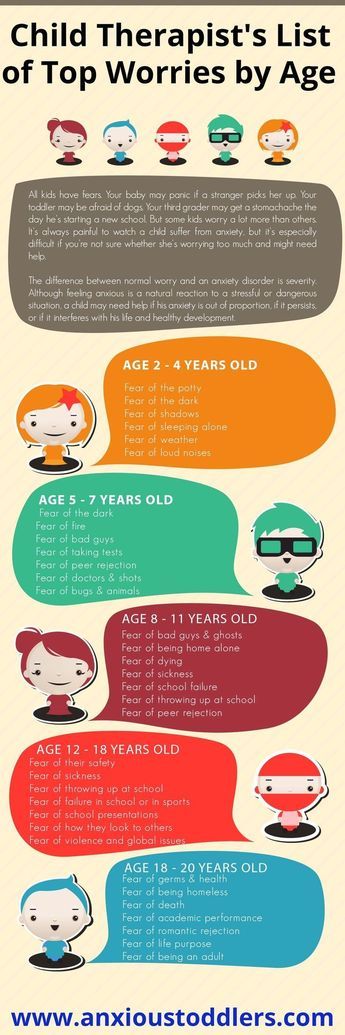
I first started having short and unkempt nails when I was in a romantic relationship that was pretty toxic. It started as a coping mechanism for my youthful anxiety and returns when I need to cope. It’s a physical sign that I’m not sure how to let things unfold or let things be.
It’s tough to recognize the signs and react right away. I thrive on doing too much and being a hero. But I’ve been anxious my entire life. Only now in my 40s am I learning my signs and how to let go for the sake of letting my anxiety go.
Fellow anxious types should know that letting self-care backslide increases exhaustion and sorrow may follow. When I find that I’m feeling like a hamster and spending most of my waking time thinking about others, I’m not experiencing life on my terms.
There’s always help available through prevention and treatment. And at the end of the day, it’s nice to let that hamster rest a bit.
Mary Ladd’s writing has appeared in Playboy, Time Magazine’s Extra Crispy, KQED, and San Francisco Weekly. She’s a member of the SF Writers’ Grotto and a co-author of “The Wig Report,” a graphic novel on catastrophic illness.
She’s a member of the SF Writers’ Grotto and a co-author of “The Wig Report,” a graphic novel on catastrophic illness.
clinical psychologist on the signs of a new mass disorder
In our life, one way or another, there is less certainty, it is more and more difficult to make long-term plans, and sometimes it seems that one day has passed - and it's already good ...
Psychology
Author Kluber Reading 4 min. Views 2.3k. Posted by
Excitement and anxiety are natural for a person, but within reasonable limits...
“I'm always in some kind of panic. I worry, although there seems to be no reason for this. I'm afraid that they will be fired from my job, tomorrow there will be nothing to pay the mortgage, and sometimes I think that I have a prick in my side, and this is cancer. What is wrong with me?"
What is wrong with me?"
During the pandemic, more and more people are experiencing an incomprehensible feeling of anxiety, and anxiety disorders have become as massive an “epidemic” as depression. Clinical psychologist Iosif Golman explains why we are afraid all the time, how to understand if this is normal, and what to do to stop worrying and start living? nine0003
Why do we constantly worry?
Excitement and anxiety are natural feelings for a person, but because of the covid, we began to worry more.
In our life, one way or another, there is less certainty, it is more and more difficult to make long-term plans, and sometimes it seems that one day has passed and it is already good.
Feeling fear and anxiety is normal and helps to avoid life-threatening situations. For example, we will not touch a hot frying pan, because we can burn ourselves. But this is normal as long as the state of anxiety does not become obsessive. nine0012
At what point does anxiety stop being normal?
Distinguishing ordinary anxiety from increased, abnormal, is quite simple.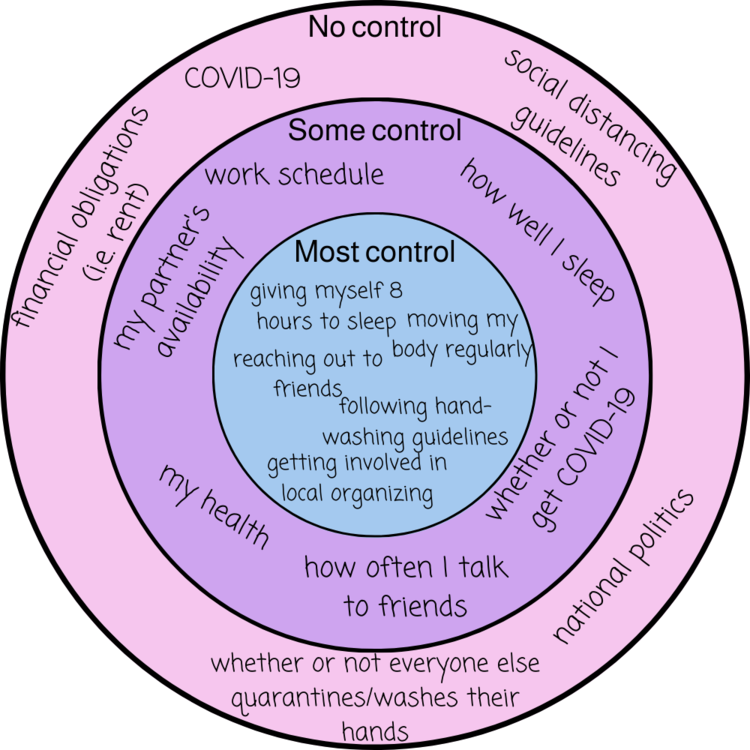
Analyze how you feel. We must understand: what is our anxiety? Does it lie in a normal course and warn us of danger, or is it unreasonable and does not correspond to the real situation?
It may be a slight excitement - the person has a prick in his side, he thinks: "Oh, something pricked in his side." And he doesn't remember it anymore. An anxious person in the same situation will think: “I probably have cancer there, I need to go through 12 doctors.” He goes to the doctors, they tell him that there is no cancer, and the person thinks: “They mixed up my tests, I have cancer.” This anxiety is already on the rise. nine0012
Ask yourself: Am I more anxious than others? If you notice that your friend calmly sanitizes his hands just before eating, and you do this every 10 minutes because of your fear of germs, this is the first symptom that you are developing an anxiety disorder.
Monitor your condition on ordinary days. For example, if on vacation, instead of lying on the beach or sightseeing, you hysterically check your email and work chats because you are afraid to miss a message from your boss, this is a sign of heightened anxiety.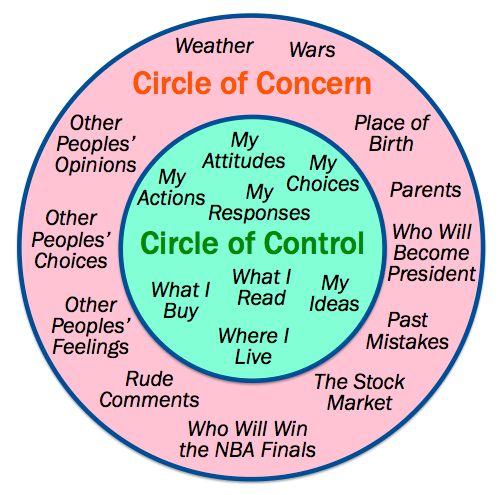 nine0003
nine0003
5 ways to overcome severe anxiety
You can cope with increased anxiety on your own. Here are some simple tips:
- Drink warm water 40 minutes before meals. Water helps our body cope with anxiety, but you need to drink it properly: slowly and in small sips. Water enters the intestines and nourishes the psychobiota - these are 2.5 kg of beneficial microbes, they release neurotransmitters that help us cope with excessive anxiety. nine0047 Add turkey, hard cheese and cottage cheese to your diet. These foods contain tryptophan, which the body converts into serotonin. And it protects us from the debilitating feeling of anxiety.
- Try to relax quickly. Lie down, close your eyes and try to relax every part of your body as much as possible. In this state, you need to stay for 3-4 minutes. Or sit in the coachman's position: close your eyes, put your hands between your knees, and tilt your head down.
- Ask yourself questions that will help you cope with anxious thoughts.
 You will be distracted by reflections and understand that there is no cause for alarm or it is not serious. Questions can be: “Is this situation threatening my life?”, “Is it threatening to lose loved ones?”, “Can this situation completely destroy my life?” nine0048
You will be distracted by reflections and understand that there is no cause for alarm or it is not serious. Questions can be: “Is this situation threatening my life?”, “Is it threatening to lose loved ones?”, “Can this situation completely destroy my life?” nine0048 - Walk at least three kilometers a day. Walk to the nearest park or walk one more stop on your commute. Even ordinary walks strengthen our nervous system and relieve tension and anxiety.
Based on: Zen, what's new
psychology anxiety
12 Signs of an Anxiety Disorder - Lifehacker
September 20, 2017 Health
Some disorders in the work of the psyche pretend to be ordinary phenomena. An anxiety disorder is one of those, but that doesn't mean it shouldn't be treated. nine0003
Anxiety is an emotion that all people experience when they are nervous or afraid of something. It’s unpleasant to be “on your nerves” all the time, but what can you do if life is like this: there will always be a reason for anxiety and fear, you need to learn to keep your emotions under control, and everything will be fine.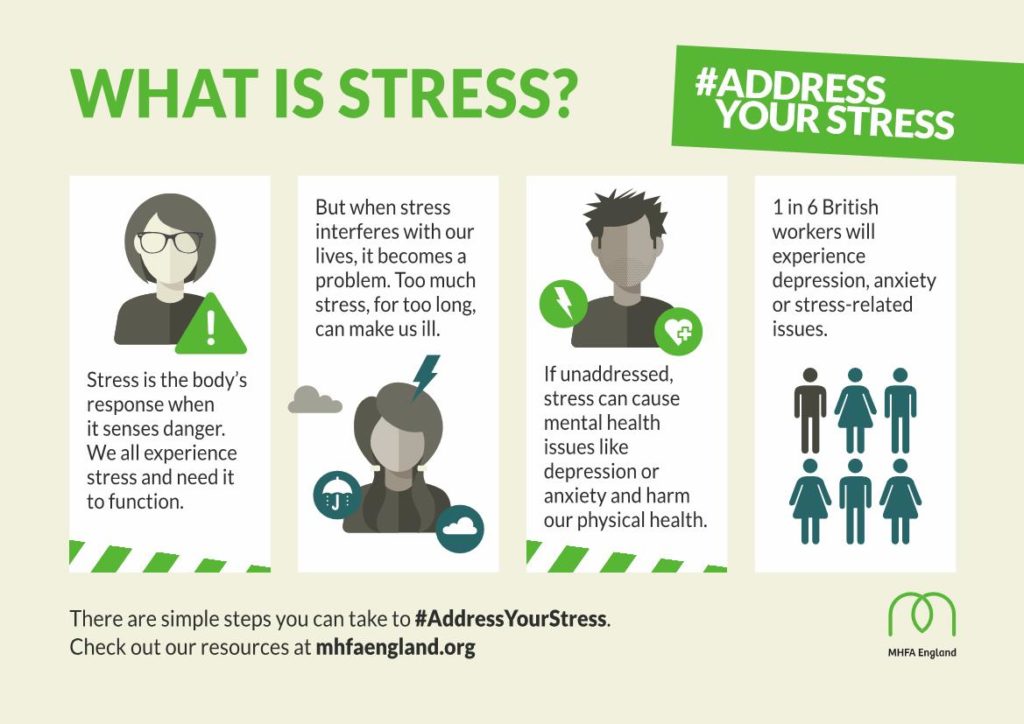 In most cases, this is exactly the case.
In most cases, this is exactly the case.
It's okay to be anxious. Sometimes it’s even helpful: when we worry about something, we pay more attention to it, work harder and generally achieve better results. nine0003
But sometimes anxiety goes beyond reasonable limits and interferes with life. And this is already an anxiety disorder - a condition that can ruin everything and which requires special treatment.
Why anxiety disorders appear
As with most mental disorders, no one can say for sure why anxiety clings to us: so far too little is known about the brain to speak with confidence about the causes. Several factors are most likely to blame, from ubiquitous genetics to traumatic experiences. nine0003
For some, anxiety appears due to the excitation of certain parts of the brain, for some, the hormones - serotonin and norepinephrine are acting up, and for some, the disorder occurs as a load of other diseases, and not necessarily mental ones.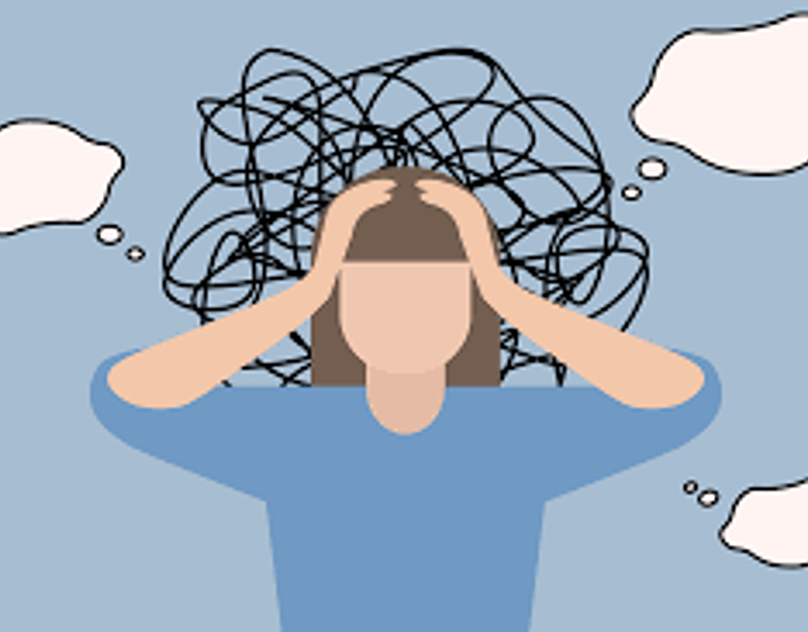
What is an anxiety disorder
Anxiety disorders include several groups of diseases at once.
- Generalized Anxiety Disorder . This is the case when anxiety does not appear because of exams or the upcoming acquaintance with the parents of a loved one. Anxiety comes on its own, it does not need a reason, and the experiences are so strong that they do not allow a person to perform even simple daily activities. nine0048
- Social anxiety disorder . Fear that prevents being among people. Someone is afraid of other people's assessments, someone is afraid of other people's actions. Be that as it may, it interferes with studying, working, even going to the store and saying hello to neighbors.
- Panic disorder . People with this disease experience panic attacks: they are so scared that sometimes they cannot take a step. The heart beats at a frantic speed, it gets dark in the eyes, there is not enough air.
 These attacks can come at the most unexpected moment, and sometimes because of them a person is afraid to leave the house. nine0048
These attacks can come at the most unexpected moment, and sometimes because of them a person is afraid to leave the house. nine0048 - Phobias . When a person is afraid of something specific.
In addition, anxiety disorder often occurs in combination with other problems: bipolar or obsessive-compulsive disorder or depression.
How to understand that this is a disorder
The main symptom is a constant feeling of anxiety, which lasts for at least six months, provided that there is no cause for nervousness or they are insignificant, and emotional reactions are disproportionately strong. This means that anxiety changes life: you refuse work, projects, walks, meetings or acquaintances, some activity just because you worry too much. nine0003
Other symptoms that hint that something is wrong:
- constant fatigue;
- insomnia;
- constant fear;
- inability to concentrate;
- inability to relax;
- trembling in the hands;
- irritability;
- dizziness;
- palpitations, although there are no cardiac pathologies;
- excessive sweating;
- pain in the head, stomach, muscles - despite the fact that doctors do not find any violations.
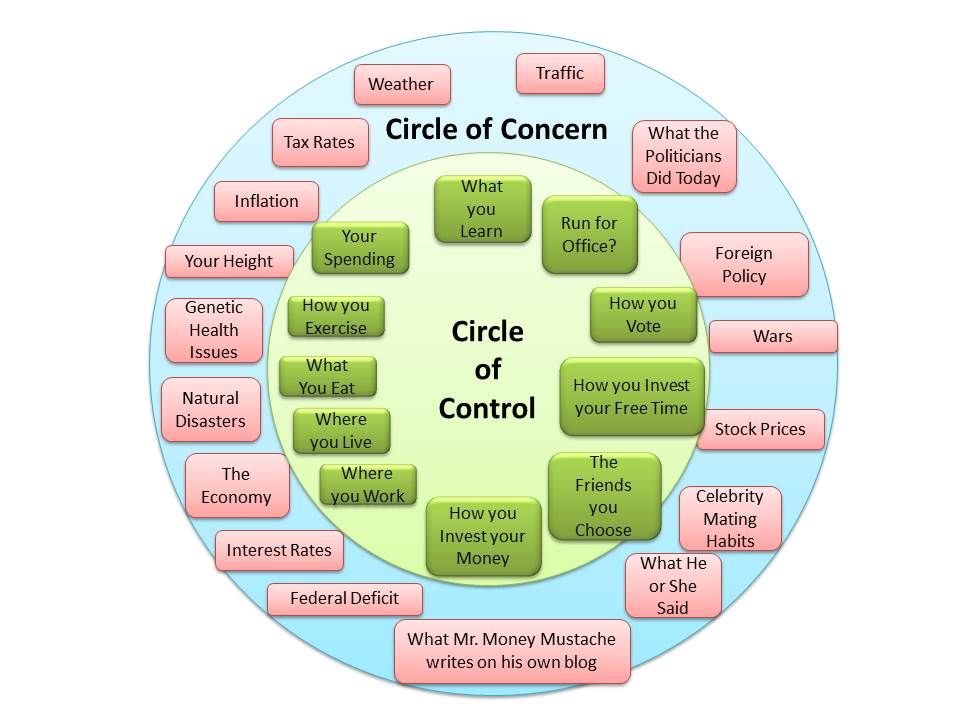 nine0048
nine0048
There is no exact test or analysis by which to identify an anxiety disorder, because anxiety cannot be measured or touched. The decision on the diagnosis is made by a specialist who looks at all the symptoms and complaints.
Because of this, there is a temptation to go to extremes: either diagnosing a disorder when a black streak just began in life, or not paying attention to one’s condition and scolding a weak-willed character, when, due to fear, an attempt to go out into the street turns into feat. nine0003
Don't get carried away and confuse constant stress with constant anxiety.
Stress is a response to a stimulus. For example, on a call from a dissatisfied customer. When the situation changes, the stress goes away. And anxiety can remain - this is a reaction of the body that occurs even if there is no direct effect. For example, when an incoming call comes from a regular customer who is happy with everything, but picking up the phone is still scary.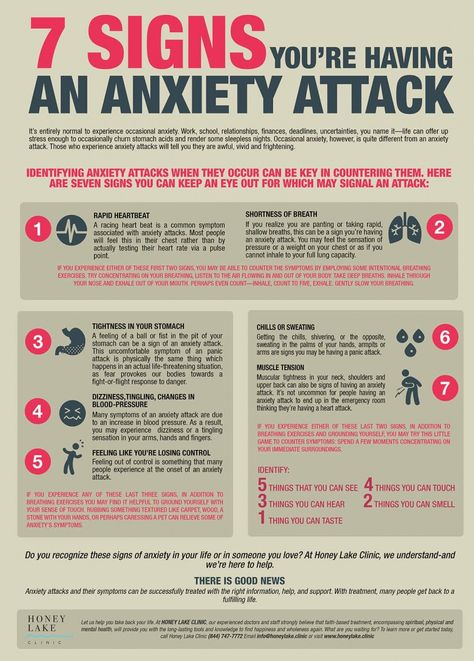 If the anxiety is so strong that any phone call is torture, then this is already a disorder. nine0003
If the anxiety is so strong that any phone call is torture, then this is already a disorder. nine0003
No need to hide your head in the sand and pretend that everything is fine when constant stress interferes with life.
It is not customary to go to the doctor with such problems, and anxiety is often confused with suspiciousness and even cowardice, and being a coward in society is a shame.
If a person shares his fears, he is more likely to receive advice to pull himself together and not become limp than an offer to find a good doctor. The trouble is that it will not be possible to overcome the disorder with a powerful effort of will, just as it will not be possible to cure tuberculosis by meditation. nine0003
How to treat anxiety
Chronic anxiety is treated like other mental disorders. For this, there are psychotherapists who, contrary to popular myths, do not just talk to patients about a difficult childhood, but help to find such techniques and techniques that really improve the condition.
Someone will feel better after a few conversations, someone will be helped by pharmacology. The doctor will help you review your lifestyle, find the reasons why you are nervous a lot, assess how severe the symptoms are and whether you need to take medication. nine0003
If you still think you don't need a therapist, try taming your anxiety yourself.
1. Find the cause
Analyze what you worry about the most and most often, and try to eliminate this factor from your life. Anxiety is a natural mechanism that is needed for our own safety. We are afraid of something dangerous that can harm us.
Maybe if you are constantly shaking with fear of the authorities, it is better to change jobs and relax? If you succeed, then your anxiety is not caused by a disorder, you don’t need to treat anything - live and enjoy life. But if it is not possible to isolate the cause of anxiety, then it is better to seek help. nine0003
2. Exercise regularly
There are many blind spots in the treatment of mental disorders, but researchers agree on one thing: regular exercise really helps keep the mind in order.
